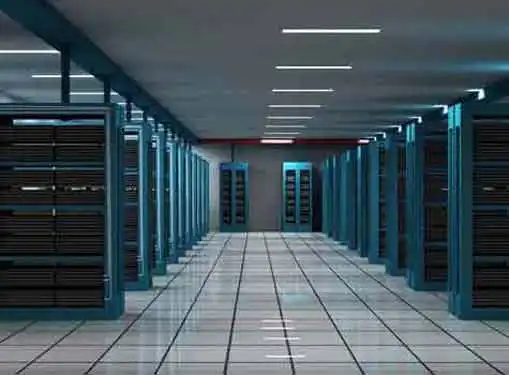Servers
A Primer on Small Business Computer Servers
New to small business computer servers? A server is a mission critical component of a rapidly growing small business. We'll get you up to speed on server basics and explain how a server installation can benefit your company.
It's hard to underestimate the value of a small business computer server.

Companies who have implemented server technology find it difficult, if not impossible to think about what life would be like without their server solution. In fact, many companies find that server installations and upgrades result in substantial improvements to workflows and workplace efficiency.
For some businesses, a server may seem like a complicated system that requires a prohibitive upfront investment and an IT department for ongoing maintenance. Although it's true that servers require hardware and software components as well as a certain amount of technical maintenance, today's business server solutions are available for companies of all shapes and sizes. If you don't currently use a business server, don't let the technology or the initial investment intimidate you -- most server installations result in a significant short-term and long-term ROI.
What Is a Business Server?
Business server technology sounds more complicated than it really is. A server is essentially a computer that delivers information and software to other computers. Computers link to the server in a network that is connected with either cables or through a wireless router. The type of server you install will depend on factors that include the number of users who will be on the system and the amount of data you need to store on the server. If you lack an internal IT department, third-party server installers are readily available to help you install a server that is right for your company.
Server Benefits
- Centralization. Servers provide a central storage location for data and applications that can be accessed by multiple users. For businesses that require file sharing and collaborative workflows, a server is more than a luxury -- it's an absolute necessity.
- Remote access. Remote or mobile staff can access your server via the Internet. From internal e-mail to mobile device support, a server can become a critical tool for a geographically dispersed workforce.
- Business applications. Servers are requirements for many advanced business applications including CRM, accounting programs and voice/data networks. If you don't employ server technology, you simply won't have access to these highly useful business applications.
- Data storage. Business servers virtually eliminate the possibility of losing vital company data due to a crash or system failure. Most servers are highly redundant in nature, providing backups at weekly, daily or even hourly intervals.
Share this article
Additional Resources for Entrepreneurs



Conversation Board
We greatly appreciate any advice you can provide on this topic. Please contribute your insights on this topic so others can benefit.